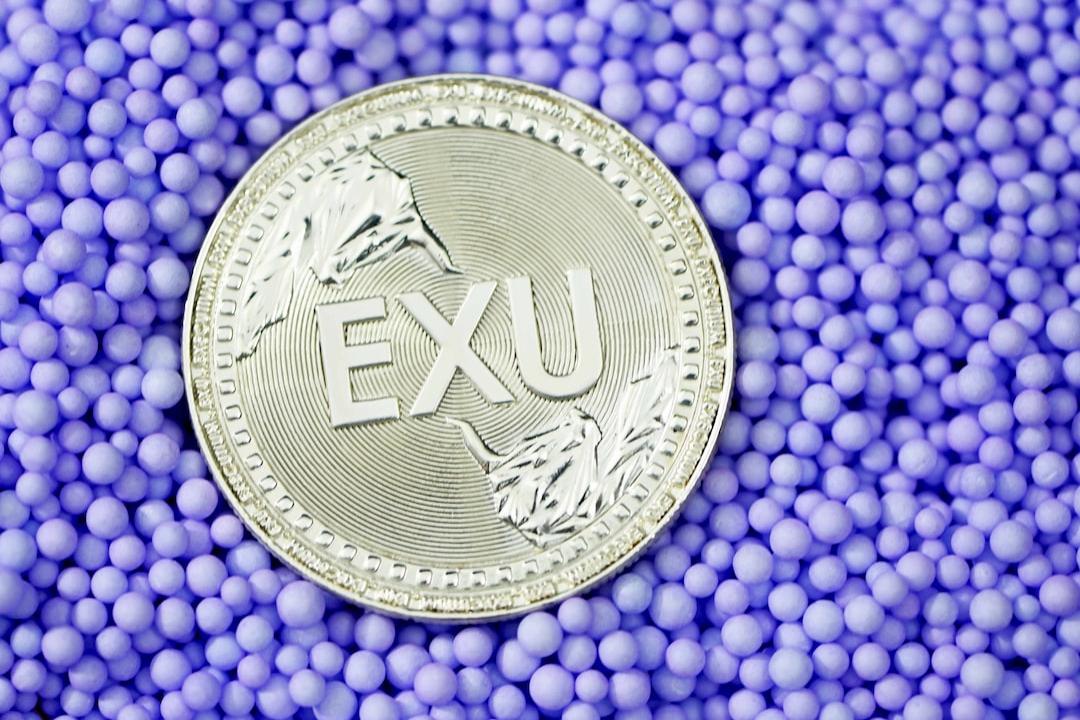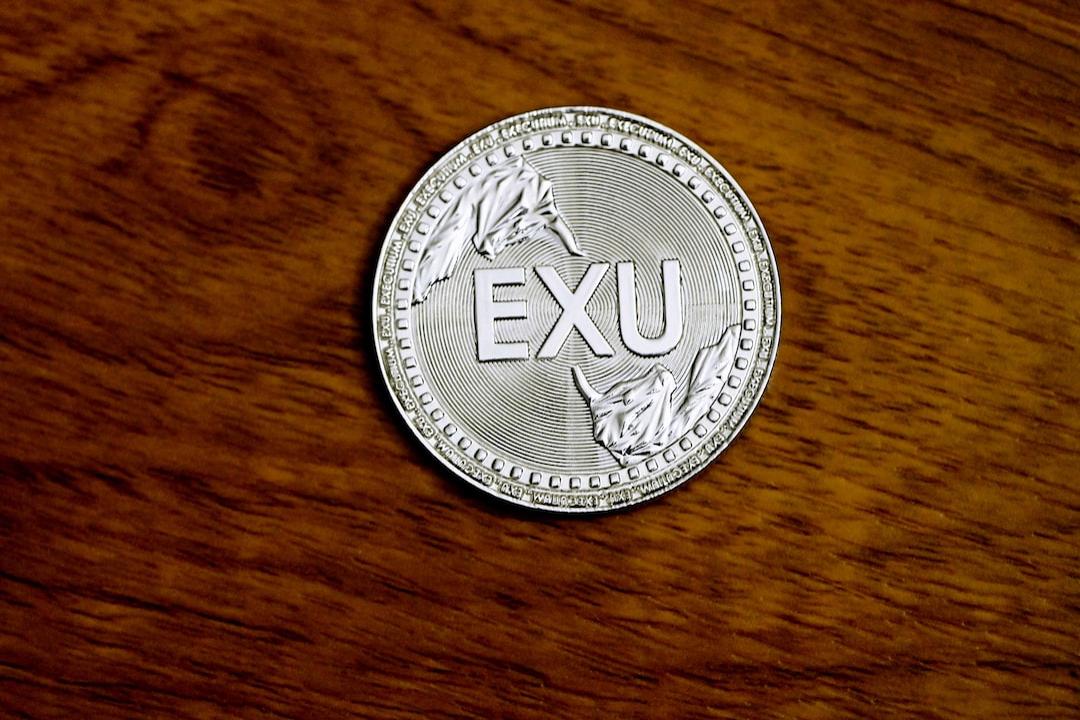A new pilot project in Germany, initiated by Deutsche Telekom’s subsidiary MMS in partnership with Bankhaus Metzler, is exploring the potential of Bitcoin mining to aid in stabilizing the energy grid.
This endeavor is a response to the growing dependence on renewable energy sources, which can introduce instability into the grid due to their inherent variability associated with weather conditions. By harnessing the flexible energy demands of Bitcoin mining, the initiative is intended to provide a stabilizing buffer for the grid.
The mining operations will be conducted at Riva GmbH Engineering’s site in Backnang, which is outfitted with solar panels. Telekom MMS will be responsible for the mining infrastructure, while Bankhaus Metzler will oversee operational testing and data analysis.
Oliver Nyderle, Head of Digital Trust & Web3 Infrastructure at Telekom MMS, emphasized that the project seeks to evaluate the regulatory implications of Bitcoin mining for Germany’s energy grid as renewable resources grow increasingly significant.
READ MORE:

Developing Countries Speed up Bitcoin Adoption Through Government-Funded Mining Initiatives
This approach reflects successful applications in the U.S. and Finland, where Bitcoin mining has proven to help balance energy demand, particularly benefiting producers of solar and wind energy.
Hendrik König, Head of the Digital Assets Office at Bankhaus Metzler, noted that the project strives to discover innovative applications for blockchain technology beyond finance, underscoring the importance of a reliable financial partner in managing crypto assets.
Since 2020, Telekom MMS has been engaged in decentralized networks and broadened its portfolio in 2023 by operating its first Bitcoin node, signifying its foray into proof-of-work ecosystems.

Subscribe to Updates
Get the latest creative news from FooBar about art, design and business.
Related Posts
Add A Comment

